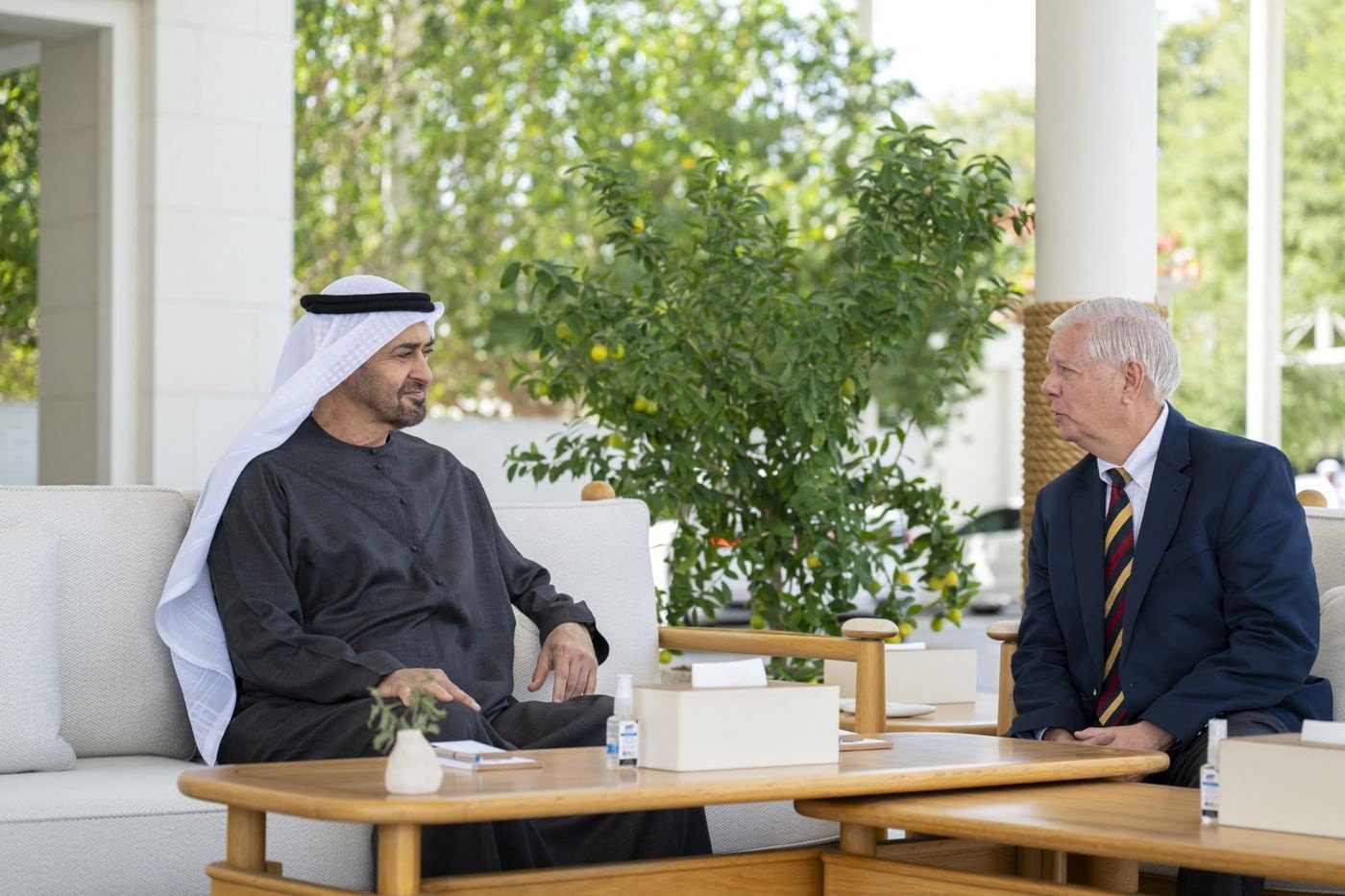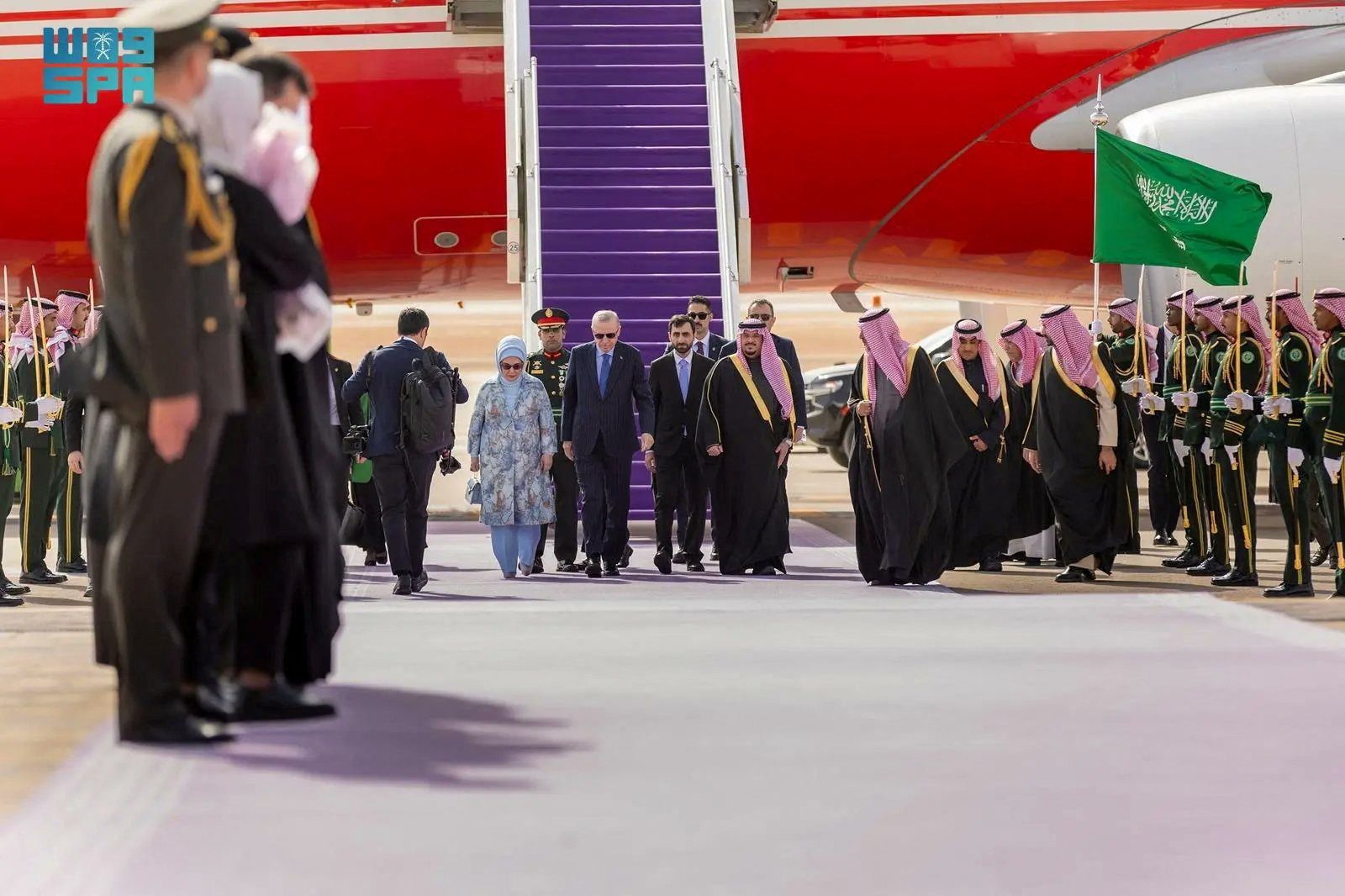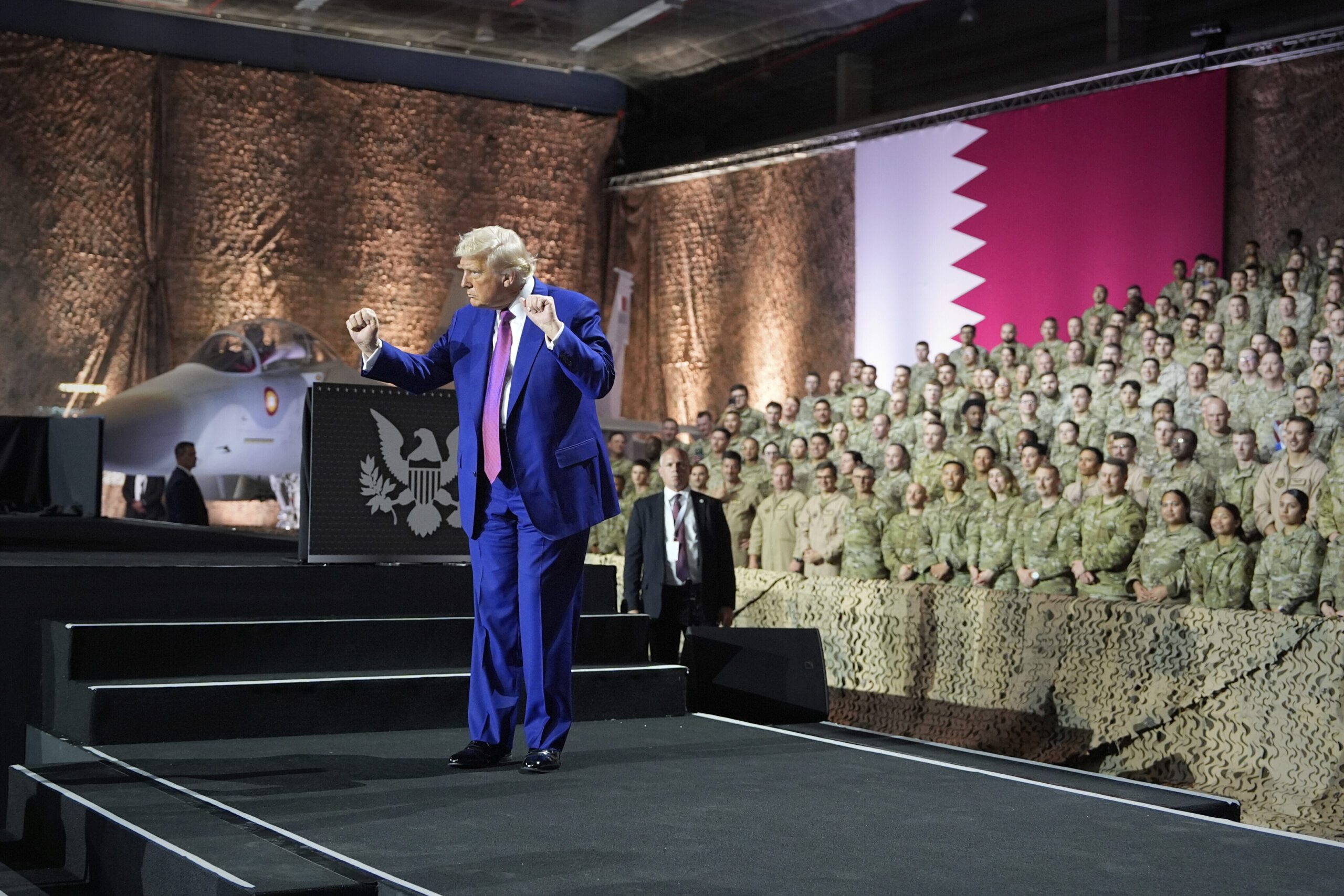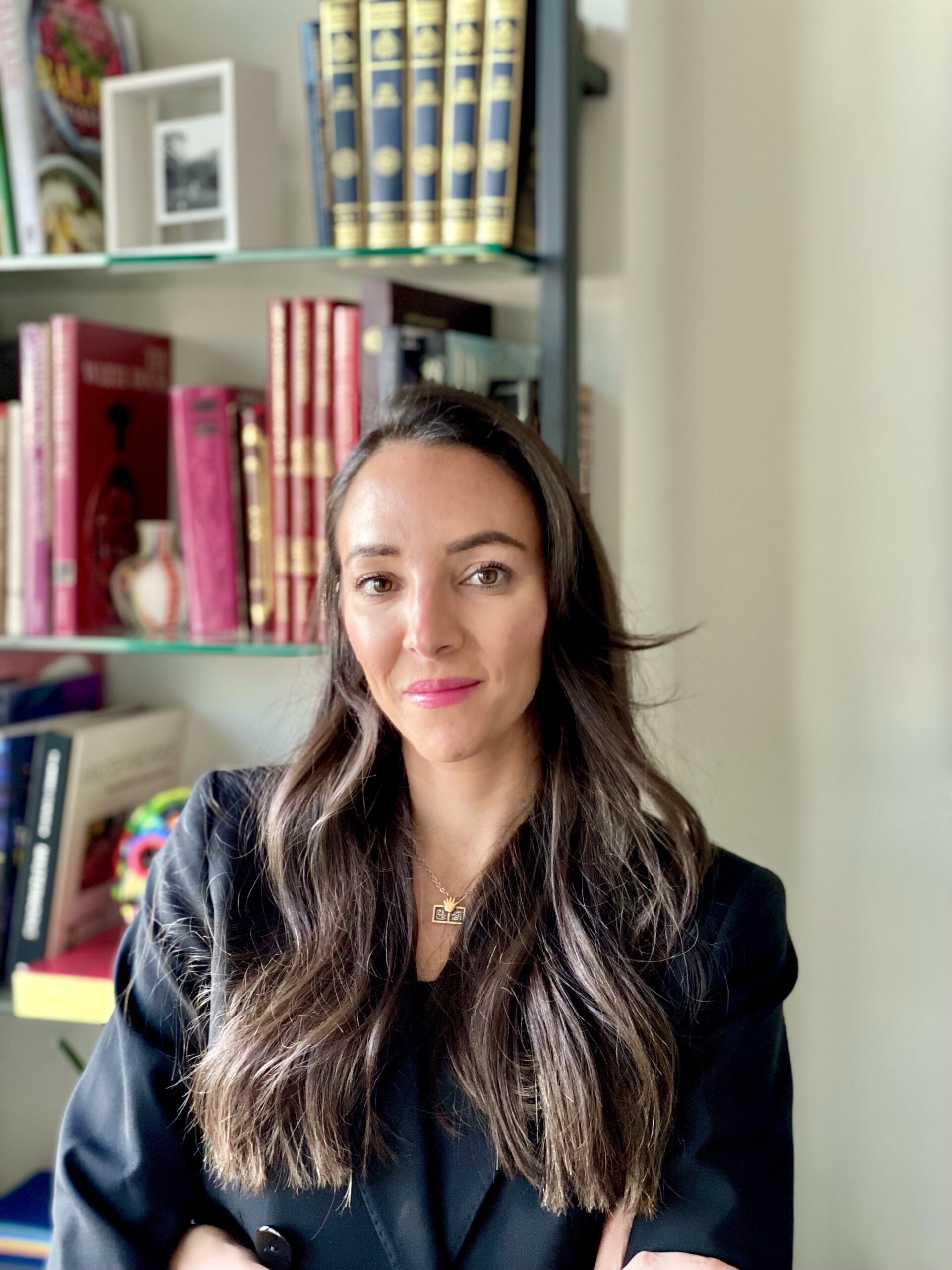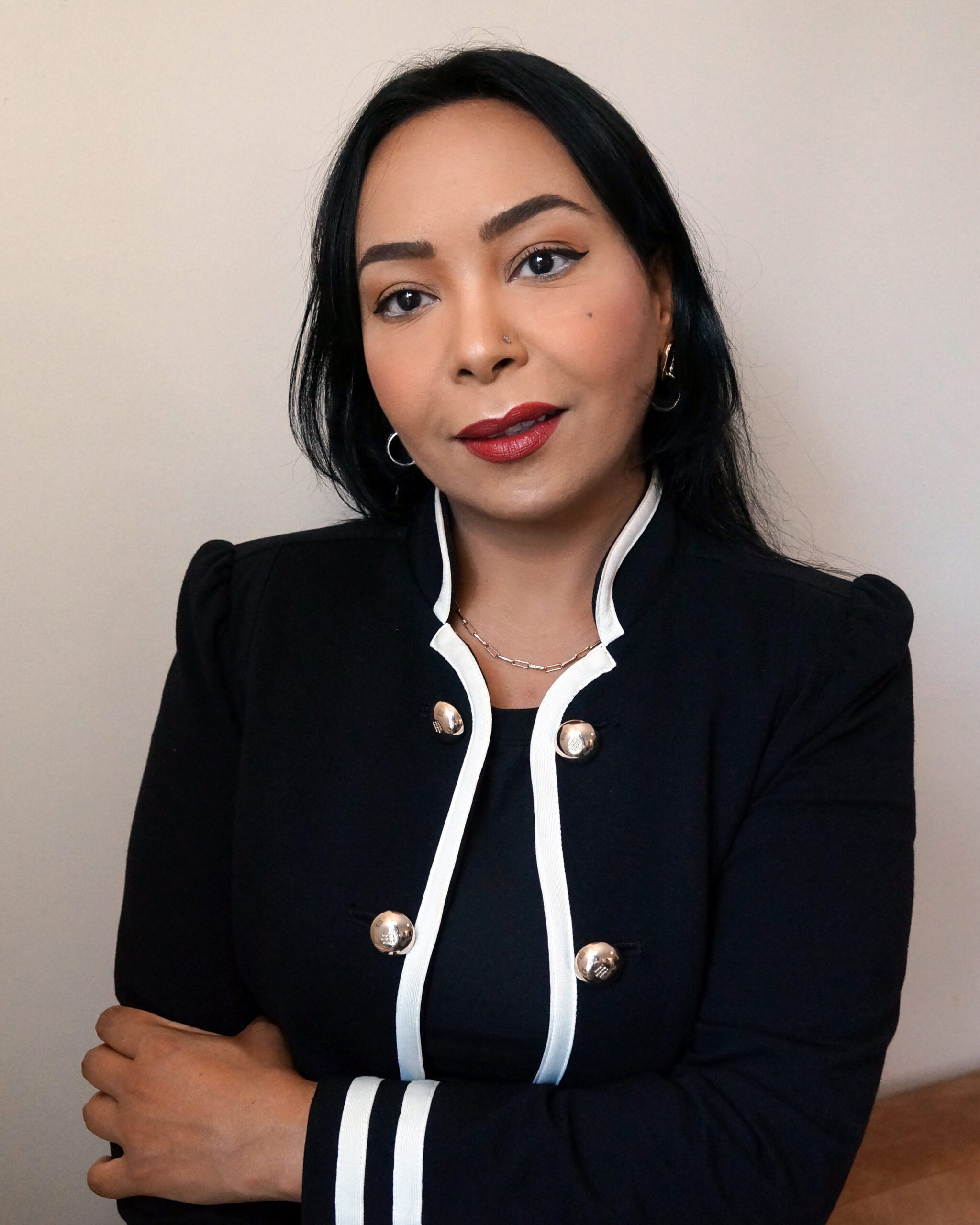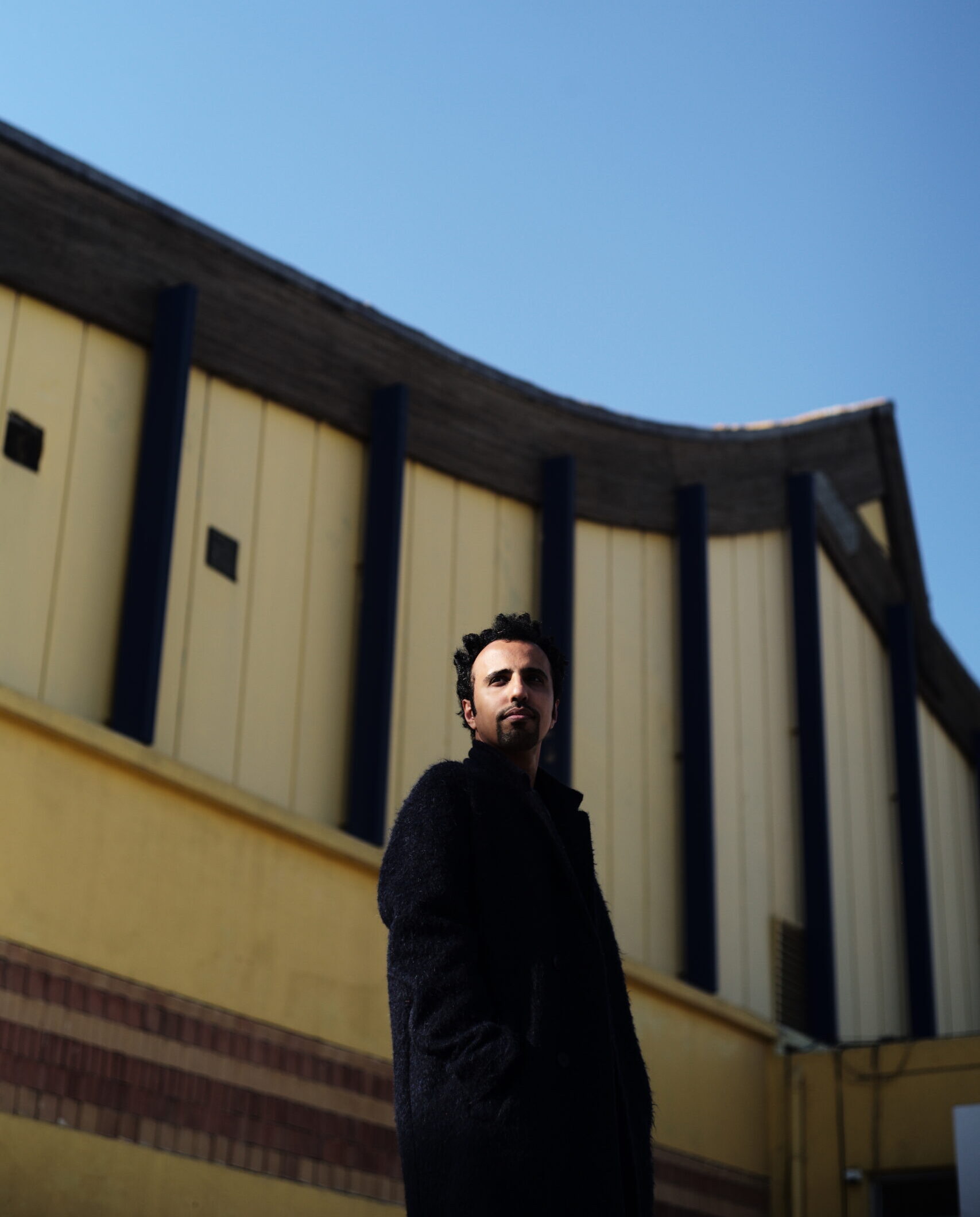All the Kings’ Sons
Recent leadership transitions in the Gulf monarchies are crystallizing a trend toward direct lineage and away from fraternal succession, consolidating decision making and centralizing state power.
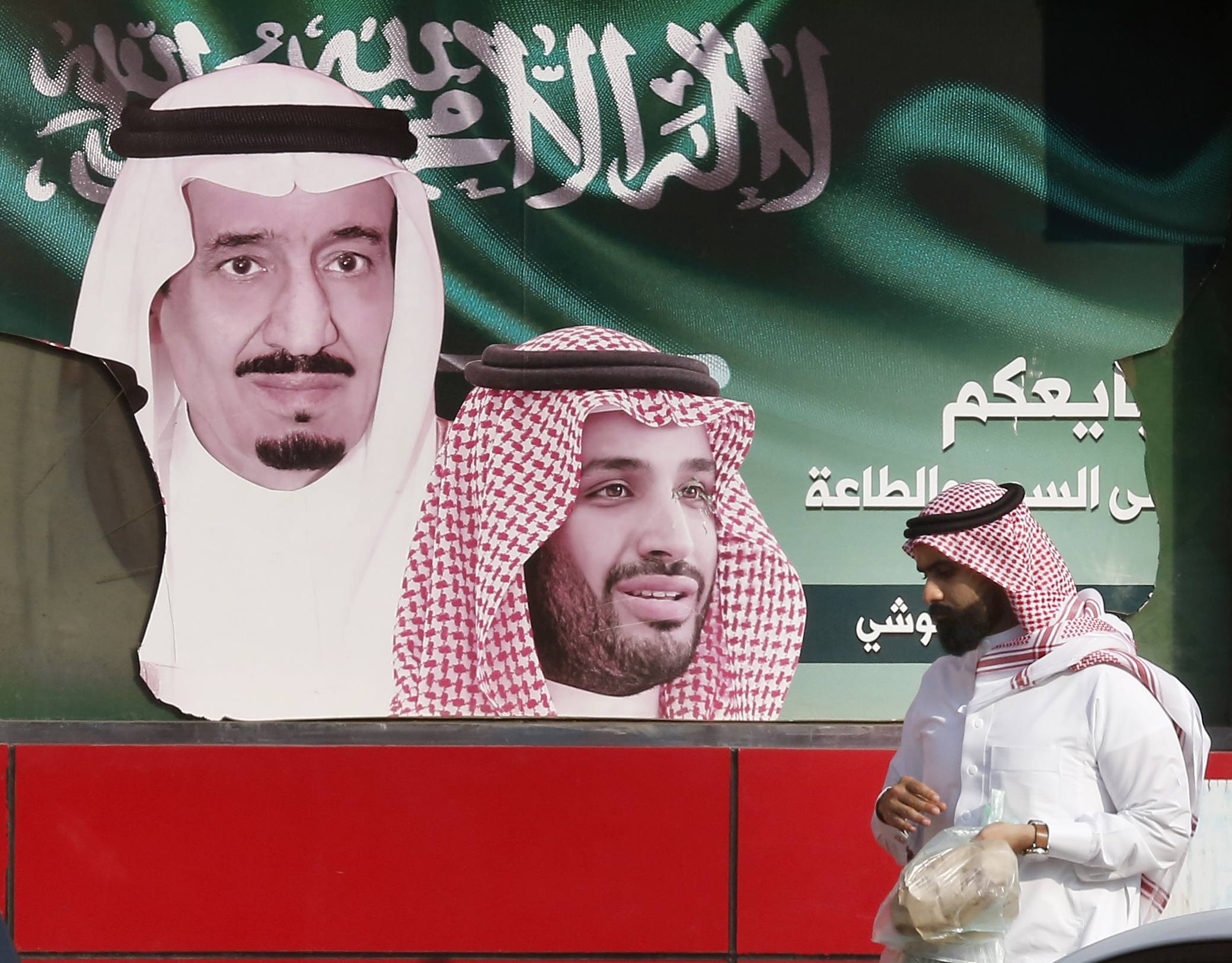
King Salman bin Abdulaziz’s decision to appoint his son, Mohammed bin Salman, as his heir, elevating him over more senior rivals, marked a decisive turning point in the history of Saudi Arabia. Yet the Saudi king is not the only Gulf royal championing his offspring. In the past six months, three other countries have seen a strengthening of the direct patrilineal line. Bahraini King Hamad bin Isa al-Khalifa appointed his son, Crown Prince Salman bin Hamad al-Khalifa, as head of government upon the death of his uncle, long-serving Prime Minister Khalifa bin Salman al-Khalifa. Omani Sultan Haitham bin Tariq al-Said amended the country’s basic law to establish a crown prince position and declared his 31-year-old son, Theyazin, as his heir. Within the more diffuse political structure of the United Arab Emirates, Crown Prince Mohammed bin Zayed al-Nahyan has been empowering his son, Khalid, through key postings in the Abu Dhabi government, positioning him as favored successor.
To most observers this may seem unsurprising. What monarch wouldn’t groom his son to rule? But in Gulf tradition, primogeniture has not been the norm, at least not until now. Instead, the selection of future rulers from among a proscribed group of candidates often followed seniority, with consideration paid to fitness to serve and demonstrated success in building a supportive familial coalition. This often resulted in lateral transitions, with leadership passing from brother to brother, as in Saudi Arabia, or from cousin to cousin, as oftentimes in Kuwait. Indeed, it was commonly joked that the presidents of Arab republics seemed more eager to hand power to their sons than the Arab monarchs.
What explains this swing toward sons? And what are the implications of this new generational shift in succession?
Power sharing and consensual decision making within ruling families are inextricably tied up in the establishment of modern states. As explained by Michael Herb in his foundational book, “All in the Family,” Gulf monarchs moved from suspicion of relatives as potential deadly rivals to the embrace of them as allies only as the modern state expanded. Rulers then began to use state sinecures as consolation prizes for rebuffed rivals and to see their siblings as potential assets in governance.
As time has passed since the state’s establishment, however, the number of such positions hasn’t kept pace with the growth of power-seeking royals. Increasingly, technocrats or loyalists occupy all but the sovereign ministries, and even some of those are now being turned over to nonroyals. The narrowing of these governing coalitions of ruling family members is matched by the new imperative to cull ruling lines. This becomes more acute with the passage of the founding generation, a fact most clearly apparent in Saudi Arabia, which has finally reached the biological limits of even the bountiful sons of the kingdom’s founder, Abdulaziz ibn Saud. At this stage, the move to the next generation is inevitable, and the temptation for a ruler to secure power for his own line more irresistible.
But there are other reasons for driving this consolidation of rulership, apart from the logic of succession. Modern statecraft in the current complex era of strategic multipolarity and late-stage global capitalism appears to be placing a premium on more centralized power structures and streamlined decision making. This is not limited to Middle East oil monarchies. U.S. historians have noted the trajectory of expanded executive power in the United States as well.
Both trends are contributing to the emerging generational shift.
The contemporary trend toward vertical succession began with Qatar. After seizing power from his own father, in 2004 Hamad bin Khalifa al-Thani promulgated a new constitution, which proclaims that succession shall flow through his own male descendants, with the particular son chosen at his discretion. He then took the highly unusual move of stepping down from power in 2013, ensuring the political transition – and likely long rule – for his son, Tamim bin Hamad. The unusual arrangement of having a living ex-emir has prompted speculation as to the cause of his retirement and the influence that the former emir continues to exert on decision making.
King Salman, of course, also defied expectations and long-standing norms to empower his own son, Mohammed bin Salman, over more senior and seasoned royals. The discomfort within the Saudi ruling family with this consolidation of power within King Salman’s line can be gauged by the concession, adopted at the same time Mohammed bin Salman was elevated to crown prince in 2017, that Mohammed bin Salman would not be allowed to appoint one of his own sons as his successor. This has not prevented Mohammed bin Salman from amassing power within a more centralized state and, once installed as ruler, may not prevent him from changing the rules and his successor, much as his father and his father’s predecessor, King Abdullah bin Abdulaziz, did.
These two cases once seemed anomalous. But the trend toward vertical succession has been confirmed with other political transitions over the past six months.
Until recently, Bahrain stood alone in having a constitutional requirement of primogeniture, rule passing from father to his eldest son (with a caveat that the king may – in his lifetime – choose to appoint a son other than his eldest as successor). Nonetheless, Bahrain’s crown prince, Salman bin Hamad, still had to contend with his great uncle, Khalifa bin Salman, who had amassed both wealth and political influence as the world’s longest-serving prime minister. With the prime minister’s death in 2020, the heir apparent assumed the premier position and now holds both the reins of government and the mantle of future rule. There are early signs that he may use this enhanced executive power to weaken the influence of other royals within the court and security forces who tilt more hard line.
In January, the new Omani sultan, Haitham, instituted his own constitutional changes, for the first time establishing a crown prince position and appointing his eldest son, Theyazin, as his heir. This was precedent setting in two ways. Of course, the whole possibility of establishing a direct vertical line of succession only became possible after the passing of Sultan Qaboos bin Said, who himself had no children. Yet the appointment of Oman’s first-ever crown prince also runs counter to Ibadi tradition in which the settling of the line of succession through lineage is frowned upon, instead relying on selection through righteous character and piety.
The past several months of reorganization of Abu Dhabi’s governing institutions has confirmed the steady rise of Khalid bin Mohammed bin Zayed, eldest son of the UAE’s de facto ruler, to positions of authority. In October 2019 he joined Abu Dhabi’s Executive Council, the main governing body of the UAE’s most powerful emirate. Then, in December 2020, he was included in the board of directors of the Supreme Council for Financial and Economic Affairs, a new body overseeing Abu Dhabi’s economy, including the critical oil and gas sector. In March, he was appointed to the newly constituted board of the Abu Dhabi National Oil Company, the state-owned oil company and main source of the emirate’s wealth. Moreover, in both the political and petroleum sectors he is chairman of the executive offices, giving him leadership experience and expanded influence over both the political and economic sides of governance.
The impact on each particular state of this shift in succession norms will depend on the character and capabilities of the new ruler. Yet some general conclusions seem plausible. While the immediate change seems to be testing the cohesion in some ruling families, the long-term impact could bring more certainty to ruling transitions.
It also accelerates generational transition. The image of Gulf rulers is already changing as younger and often more vigorous princes rule over equally youthful populations. As the region’s rulers embrace these new succession norms, it remains to be seen the degree to which these norms, emblematic of the consolidated decision making and centralized power of the modern state, will also enhance legitimacy in the long term.
The views represented herein are the author's or speaker's own and do not necessarily reflect the views of AGSI, its staff, or its board of directors.




